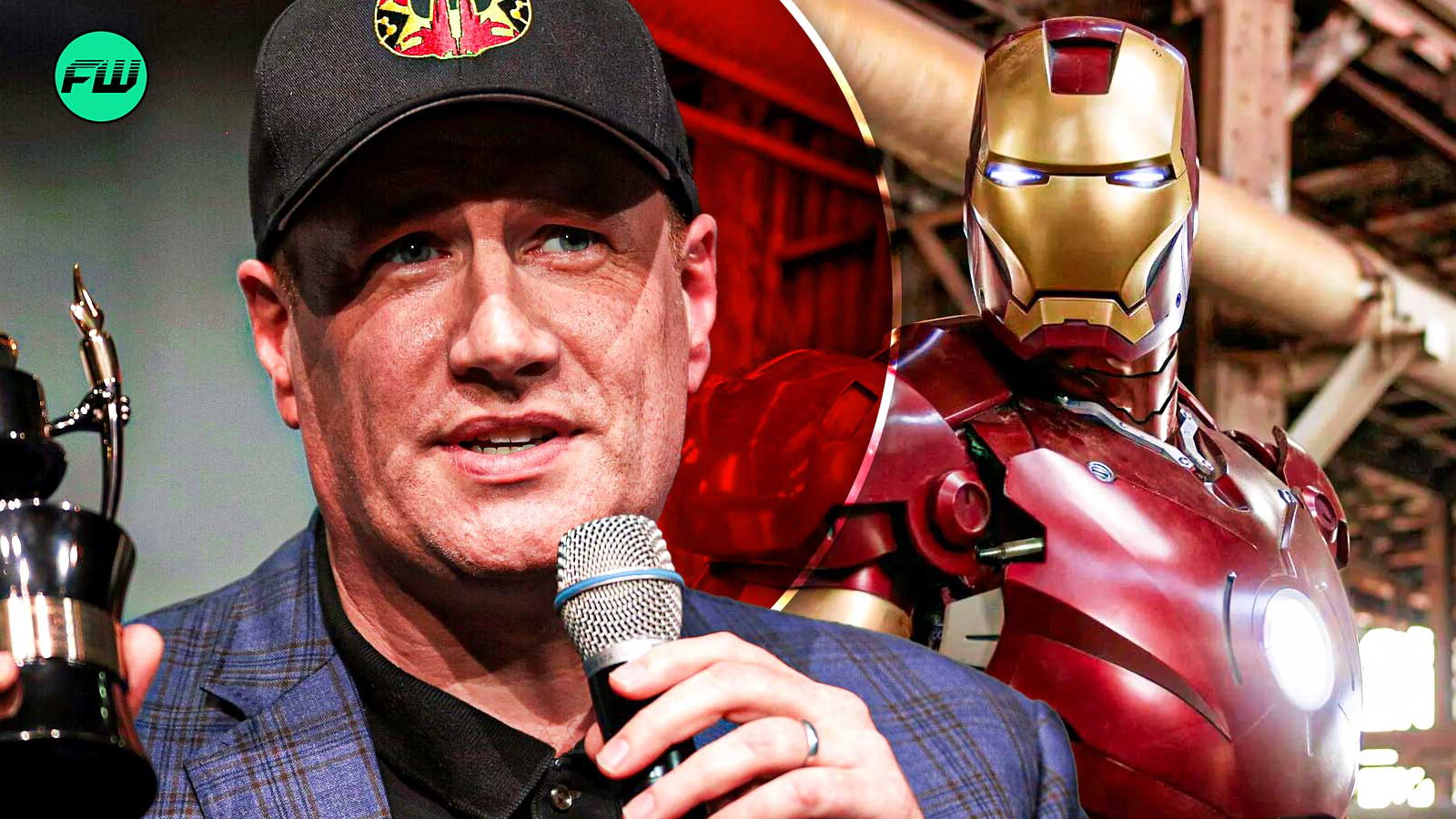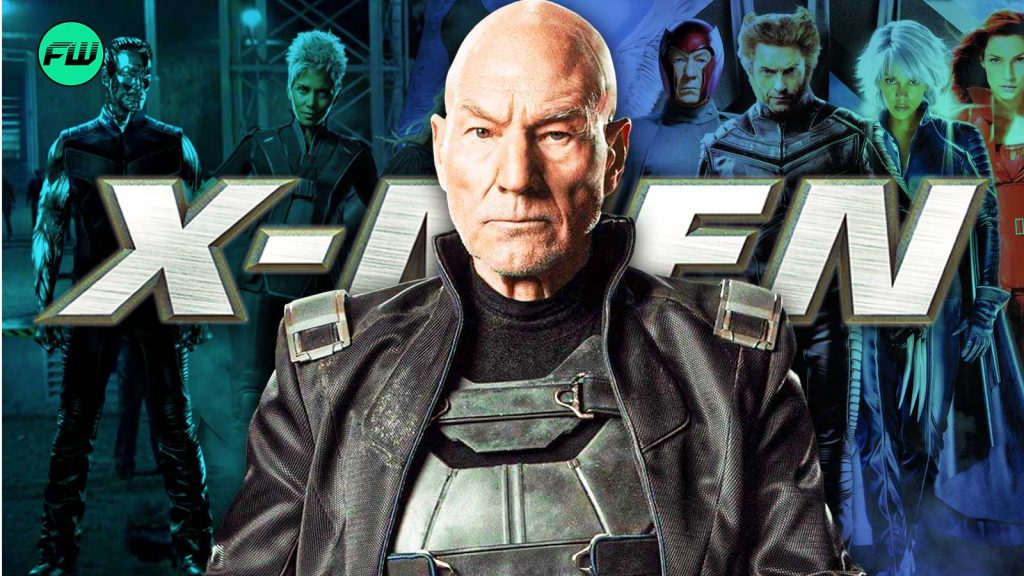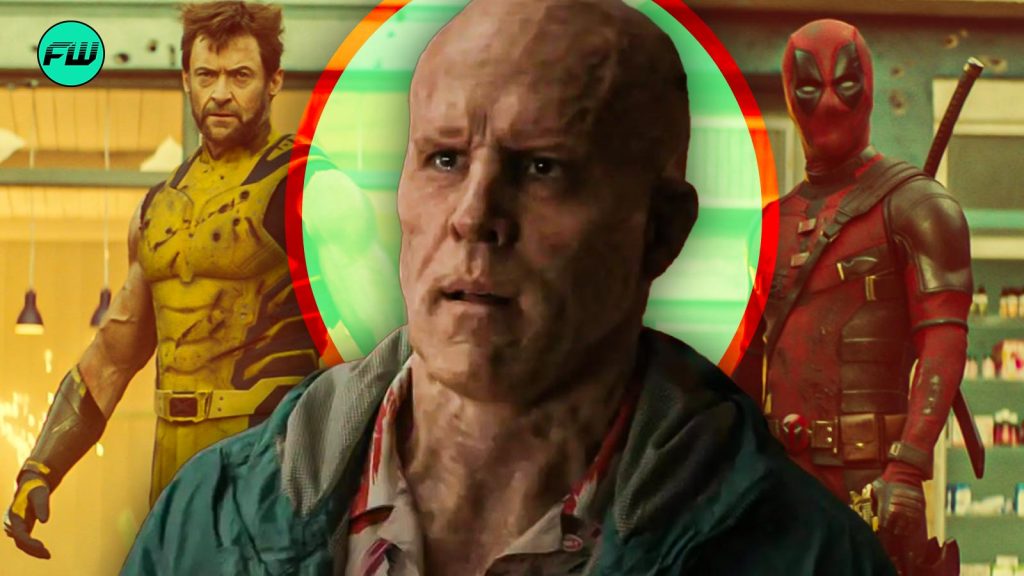The MCU has come a long, long way since it originally launched its Phase One with Iron Man under Kevin Feige’s presidency of production for Marvel Studios. While looking back, it seems like only yesterday that the Robert Downey Jr. starrer masterpiece made its way to the theatres in 2008, there is a lot more to this story than this, including an immensely critical initial reception.
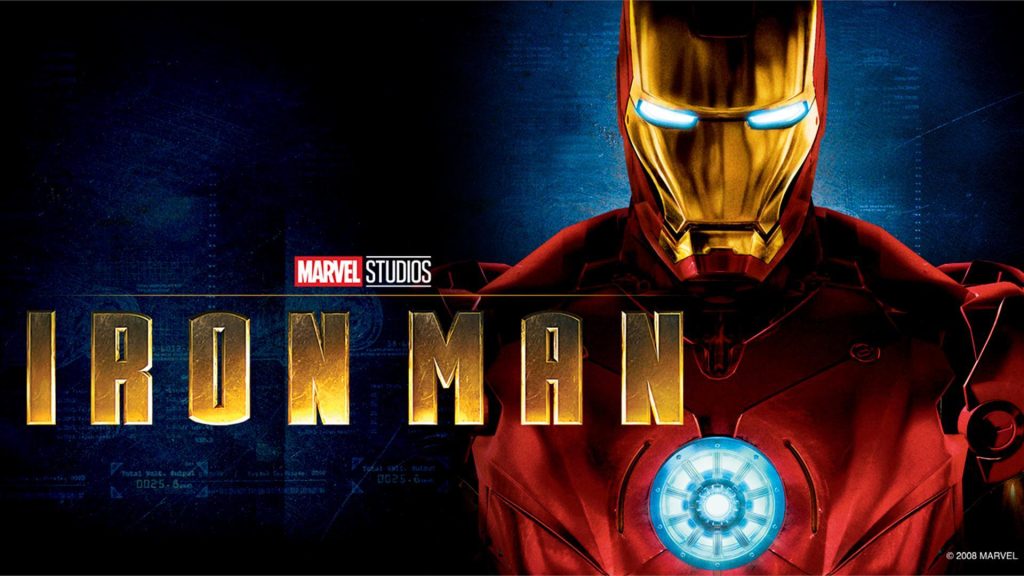
Since he was a new character who was going to kick-start the MCU and pretty much had an unknown IP, fans originally had the harshest criticism for it. However, Feige had the perfect principle to help deal with this criticism, all the while ensuring that the live-action cinematic universe they were going to launch would become the blockbuster success that it stands as today.
Iron Man Originally Received Intensely Harsh Criticism
Looking back now, 2008’s Iron Man is widely regarded as one of the best films from the Marvel Cinematic Universe to date. With a fresh 94% critical score and 91% audience score attached to it from Rotten Tomatoes, it now looks like it was an easy success for Feige and the team. But in sheer reality, that was hardly the case.
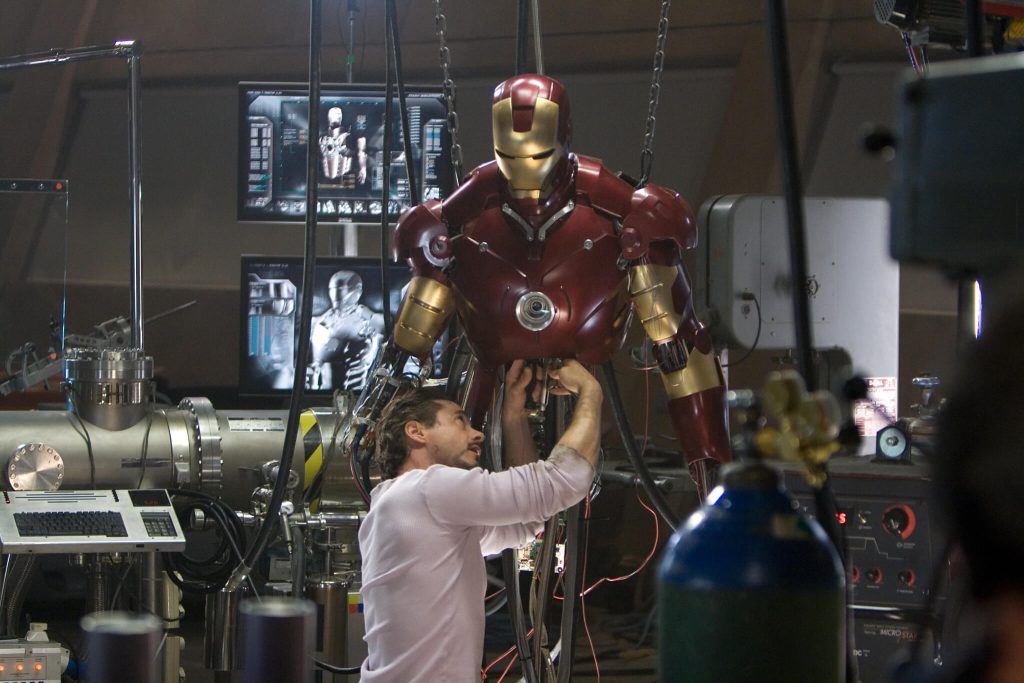
As it turns out, the Robert Downey Jr. starrer recieved quite a lot of criticism from the audience at first. This was because the movie was all set to bring forward a new superhero most hadn’t heard of before, and fans just didn’t know how to react to it because, at that time, all they really knew about was Spider-Man or X-Men.
During a recent interview with Deadline, Feige pointed out the same while talking about the Comic Con in 2007, saying:
When we were bringing Iron Man there with Jon Favreau, one media outlet did a story that read “Marvel Calls Out the ‘C’ Team.” People thought, ‘Well, are you going to be able to make anything of these characters that aren’t the major players if you don’t have Spider-Man or X-Men?’ People thought Marvel had nothing else.
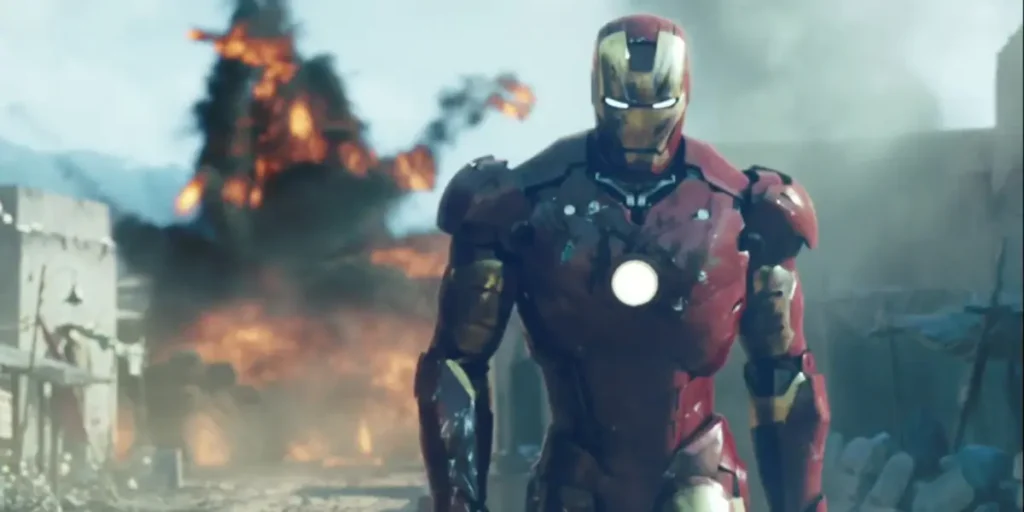
However, this thought of viewers was anything but true, as Kevin Feige himself admitted. They indeed had a lot of things to show to fans and leave them absolutely baffled by, and this entire dramatic change was going to happen with Downey Jr.’s 2008 masterpiece. As Feige continued to say:
And we thought, “We have 8,567 other things.” The audience wants to see a great piece of entertainment.
That said, the main question was: How were they going to deliver this “great piece of entertainment” that the audience was so desperate to witness? As critical as this question was, Feige had a rather simple response to this, or rather, a very simple principle which, after being properly studied, resulted eventually in the breathtaking success of the MCU.
Kevin Feige Reveals the Principle That Led to Iron Man‘s Success
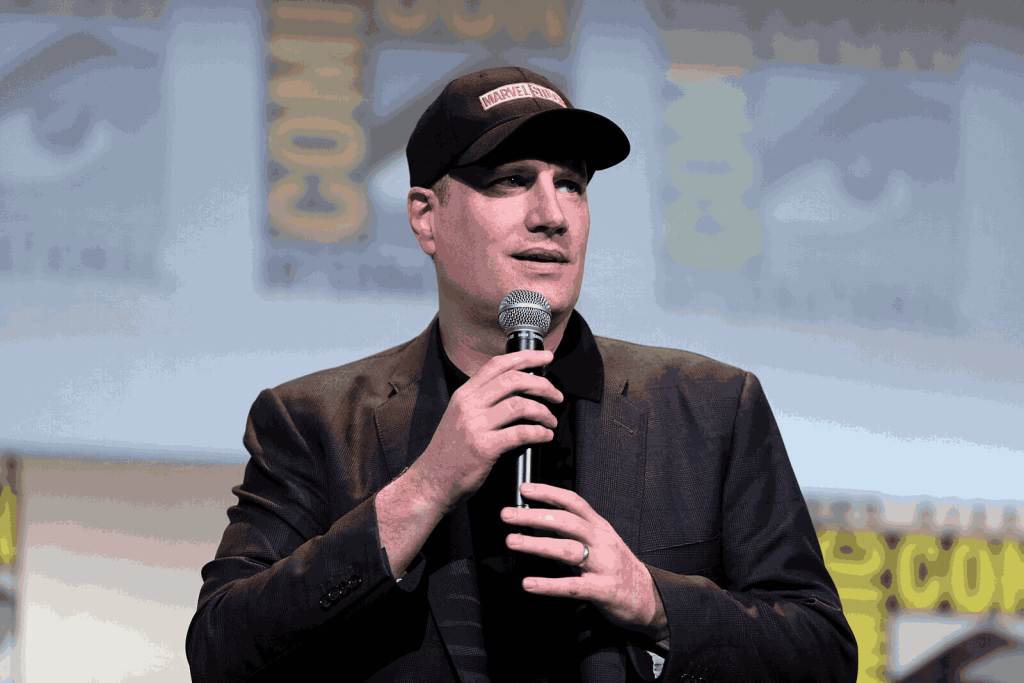
Continuing during the same interview, Feige then pointed out how, before him, there were characters that viewers barely knew from the comics but still managed to become fan favorites with their live-action projects. Like Blade, whom Feige believes “very few people knew” from the comics, but who still managed to do “extremely well” on the big screen.
The reason behind this was simple: He was portrayed in an extremely interesting light that engaged fans’ attention to the core. As the prez of Marvel Studios went on to explain:
That instilled in us the notion that it is less about how many issues did you sell or how famous was the animated show or the live-action series in the ’70s, but how engaging can you make the character, and how much of a new experience of a world can you bring to cinemas with that character.
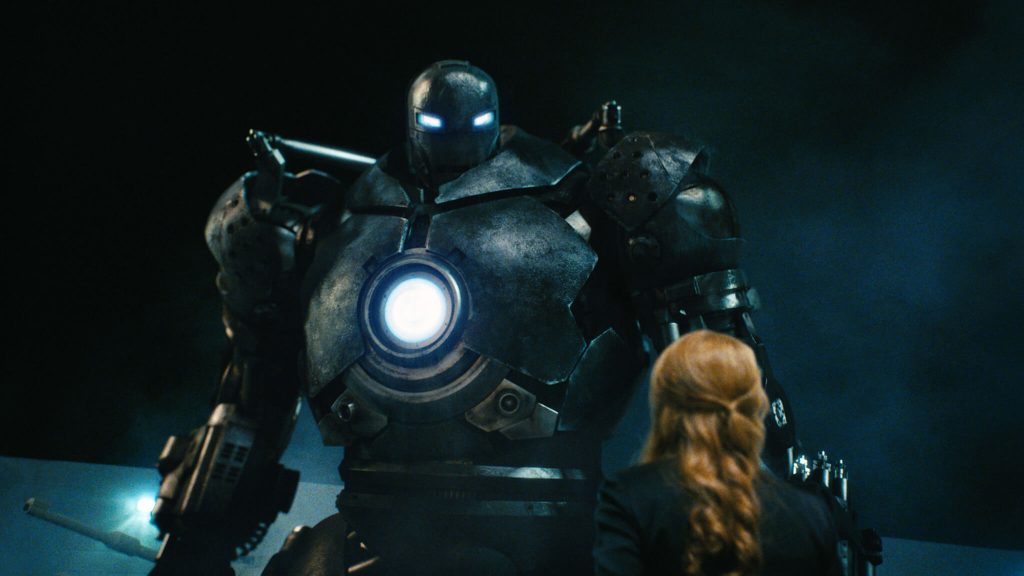
All of this being said, that’s exactly how they decided to tame Tony Stark’s saga as well, and the rest was history. As fans already know, this decision resulted in an incredibly fruitful end for them, considering how not only did the 2008 film make $585.7 million on its $140 million budget (via Box Office Mojo), but even kickstarted the franchise that is regarded as one of the greatest of all time.
You can stream Iron Man on Disney+.

